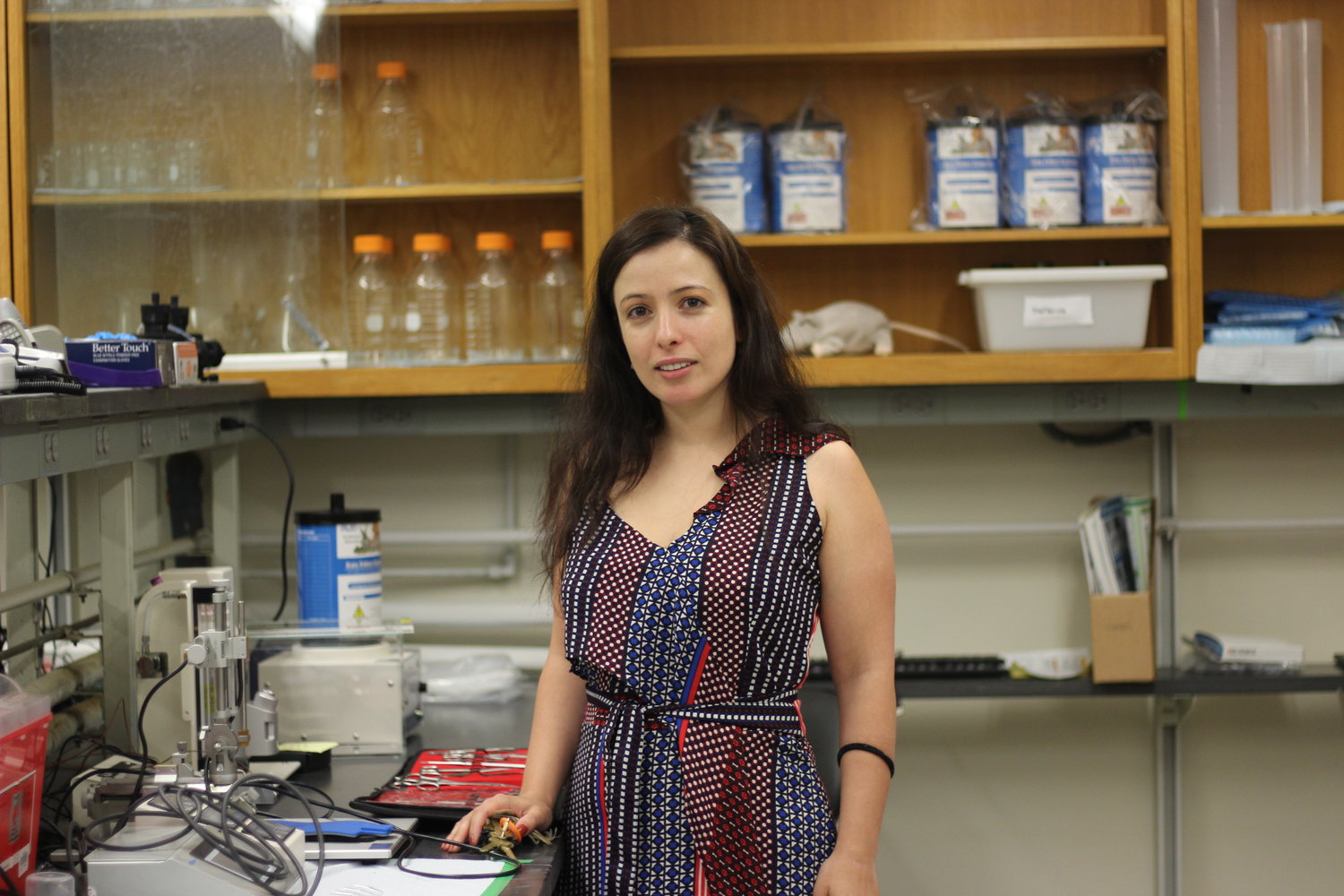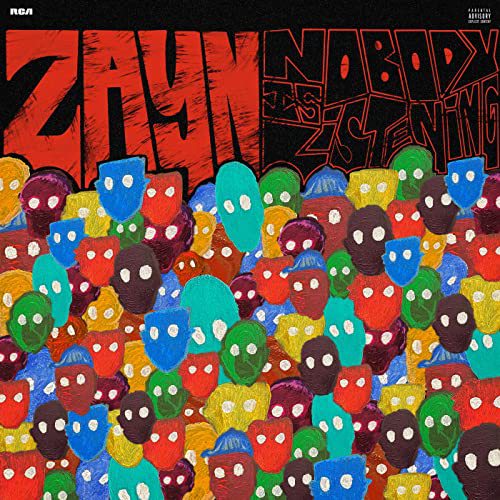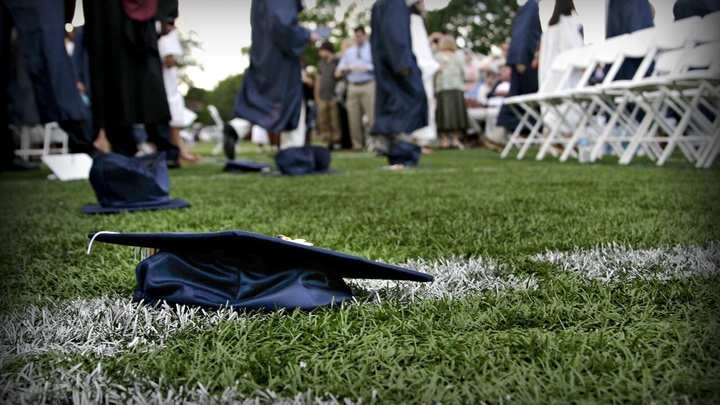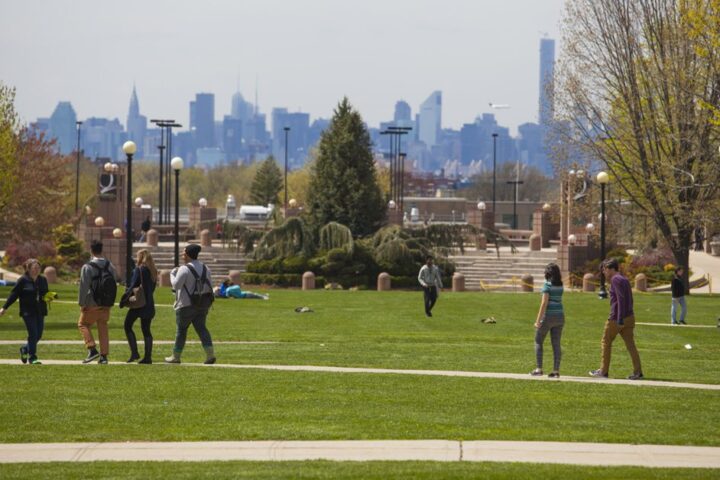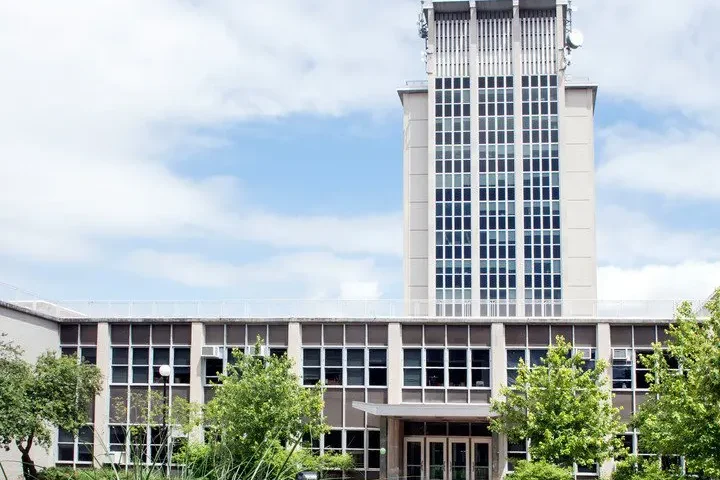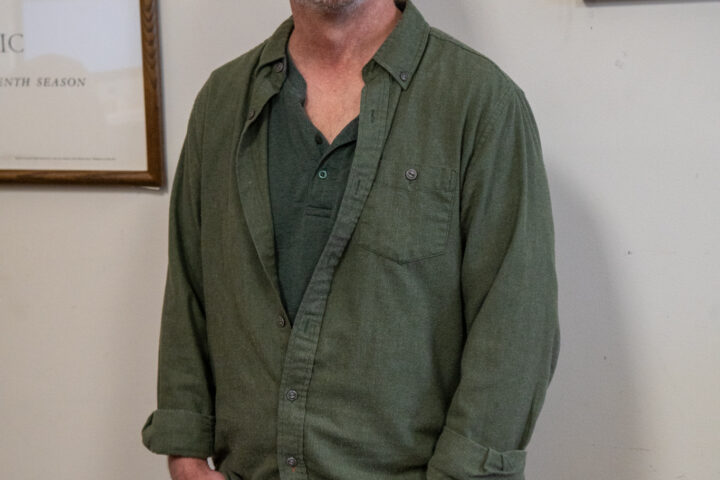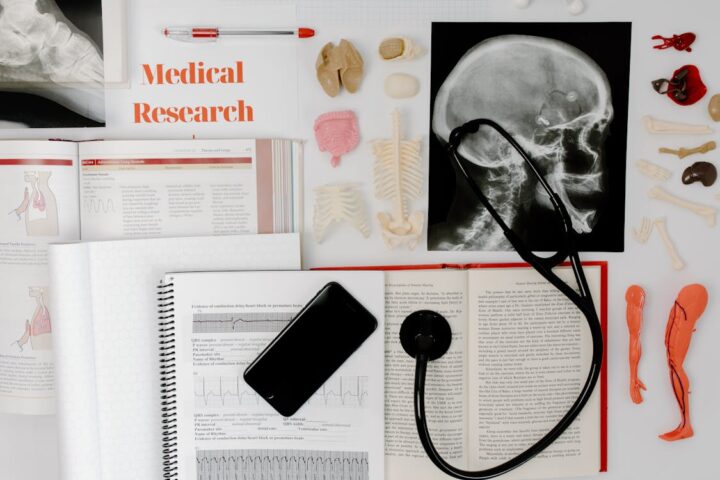Dr. Maral Tajerian and Dr. Sebastian Alvarado are a power couple, if there ever was one. They received a grant to do their lab on neuroplasticity at Queens College and are conducting groundbreaking research here.
This isn’t the first project they’ve worked on together either; their interest in pop culture and video games led them to co-found Thwacke!, a consulting firm that helps the entertainment industry develop plausible fictional science. This scientific plausibility can help foster interest in STEM fields; Tajerian believes,“It helps suspend disbelief and often serves as a source for inspiration for writers, artists and designers.” Alvarado credits “comic books and 90s cartoons” for sparking his interest in his research topics.
Video games and virtual reality (VR) are bleeding into their research at QC as well. Tajerian is on the hunt for a VR specialist to help in the lab. “We propose to use VR to create virtual training modules for basic lab techniques that students in my field would use,” Tajerian said. “This would significantly lower costs regarding supplies, time and even the number of laboratory test subjects.” Virtual reality allows Tajerian and other researchers to “carry out new experimental protocols that we wouldn’t be able to do in the real world.”
While virtual reality has practical applications within their lab, the researchers are also active on Twitter, believing social media is improving the greater scientific community. “Through Twitter I’ve learned about the initiatives and people who push for open access and preprint servers for the betterment of science as a whole,” Alvarado explains. “I think this goes a long way for the democratization of science. It also helps culture a community for otherwise marginalized groups in science. It’s hard to be a part of a democracy if you don’t feel like you belong.” Similar ideals attracted Alvarado to QC. “Iprefer the diverse student demographics at a school like QC and how CUNY schools offer economic mobility to their student body. Working at an institution like QC feels like I’m doing something that matters more than my science,” revealed Alvarado. “Also, Spider-Man lives in Queens.”
They are trying to answer big questions in their research here at QC. “The overarching theme of my research is to understand the limits of brain plasticity. Why does a neural network behave a certain way and how much can that behavior be changed?” said Tajerian. Undergraduate students at QC have the opportunity to work on a variety of projects as part of their lab. “We have multiple projects in our lab that are carried out by undergraduate students,” said Tajerian, “including: extracellular matrix regulation of neuron-glia interactions, understanding the relationship between chronic pain and social status, studying changes in the gut microbiome after chronic pain, machine learning tools to develop objective methods to quantify visual signs of inflammation, etc.”
Alvarado’s lab is using African cichlids in their study. “Our group examines how molecular changes shape organismal traits. We currently do this in a fish that can change its color and social behaviors. The work resolves down to projects that use several molecular approaches, cellular biology, computer vision and field work.”
Undergraduate students who are interested in joining the lab and learning from these coolest of researchers should visit the lab website for more info (tajerianlab.comand alvaradolab.com).


